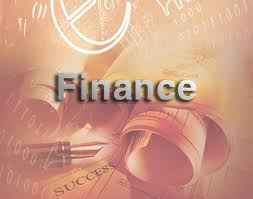| Corporate finance course | The theory of efficient markets and its consequences |
 |
| The principle Informational efficiency: you can not predict the news (that are immediately integrated in the market), so you can not beat the market. Prices vary at a random walk: they are independant one with each other Efficiency: the market prices are always tending to the real price, because trade-off make disappear the opportunities. The consequences Efficient financial markets give the possibility for investors to diversify Efficiency push towards efficiency (ie: hostile takeover, but very rare in CEE countries) firms invest only in profitable projects otherwise they could invest in stocks with the same risk provide stability for the economy (but ex. of N. Leeson) and permits to regulate savings and investment The reality video Film markets are almost efficient the assumption that we can’t beat the market generally works (exercise: market efficiency) Charts/technical analysis: it works...after ! The big questionable assumption of this method is that past explain the present. No strategy has never worked in the medium term. It is worthless trying to pick winners. However, it is true that some strategies work: buy after a loss (loser portfolio), buy certain days of the week. Limits to market efficiency >> |
|
Corporate finance PART ONE: CAPITAL EXPENDITURE PART TWO. BASICS OF FINANCE PART THREE FINANCING DECISIONS PART FOUR FINANCIAL MANAGEMENT Course created and updated by Dr David Chelly, PhD in Management sciences from the University of Tours.
|